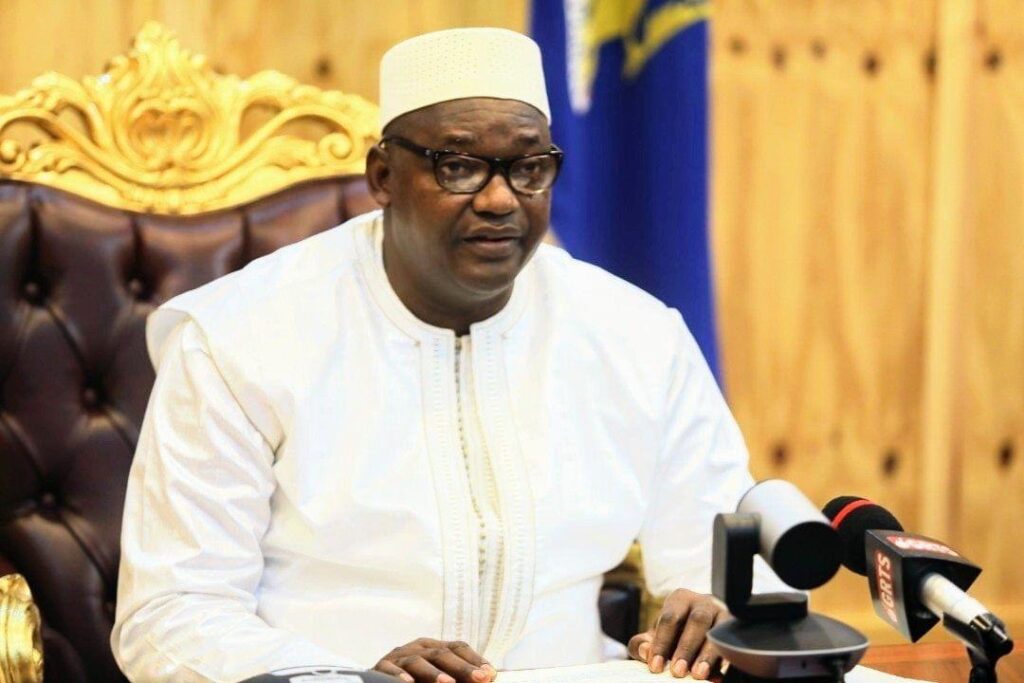
Arfang Madi Sillah, a Washington D.C.-based Gambian scholar and commentator, has written a compelling and thought-provoking book titled The Curtain Falls on the Press and Presidency Relationship—Barrow Goes Berserk.
Known for his incisive political analysis and deep understanding of Gambian affairs, Sillah examines the fraught relationship between the press and the presidency in The Gambia, particularly under President Adama Barrow’s administration.
Sillah’s book takes readers through a turbulent narrative of escalating tensions, where press freedom clashes with political authority.
His in-depth critique sheds light on how media suppression and government overreach have shaped public discourse in post-Jammeh Gambia. It is both a rigorous historical study and a contemporary political commentary, making the work an essential read for anyone interested in understanding the evolving political landscape of The Gambia.

Renowned for his scholarly expertise, Sillah brings an engaging blend of thorough research and engaging storytelling to the subject. His work has earned attention in both academic and media circles, and his contributions to public debate on governance and democracy make him a notable voice in Gambian politics.
In an interview with Gambiana, Sillah expanded on his motivations for writing the book.
He said: “The relationship between the press and the presidency is always delicate, but in The Gambia, it has become particularly fraught under President Barrow. What we are witnessing is a systematic undermining of press freedoms that were hard-won after Jammeh’s departure. I wrote this book to document the dangers of allowing power to go unchecked and to remind readers of the vital role the press plays in holding the government accountable. It’s not just about politics—it’s about safeguarding the pillars of democracy.”
Sillah further pointed out that the issue goes beyond government interference.
He continued: “It’s not only about government overreach, but also about the press’s willingness to be complicit. When the media accepts political favours or engages in self-censorship, it becomes part of the very system it should be challenging. My book is as much a critique of the press’s role in this power dynamic as it is of the government’s efforts to control the narrative.”
Sillah’s book, available soon in hardcover and paperback at local stores like Timbuktu Books in The Gambia, promises to be an eye-opener. With its gripping narrative, it’s a must-read for anyone interested in Gambian politics or the ongoing battle for press freedom.
Reporting by Special Correspondent










Recent Comments